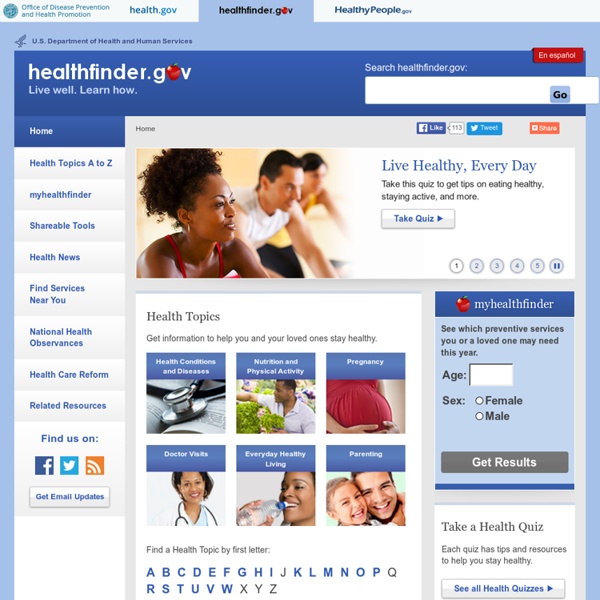



Healthcare-Related Search Engines | Topical Search Blog by tedeytan At one stage of search engines’ history, consumer health search engines were considered a true rivals of horizontal search engines. Taking into account the demand for online health information and the online advertising budgets of the pharmaceutical industry and health-care institutions, these search engines had a profitable business model. Moreover, Microsoft acquired one of these specialized search engines for its then newly-horizontal search engine, Bing. However, in the long run, search engines like Healia, Kosmix, and MammaHealth, made room for health information portals that comprise comprehensive consumer health information. From a business perspective, these portals can keep users in their own domain and make money from search as well as from content. Taking these into consideration, it's not surprising that nonprofit organizations undertake the development of consumer health search engines. MedlinePlus is both a health portal and a specialized search engine.
Bing Health Bing Health (previously Live Search Health) is a health-related search service as part of Microsoft's Bing search engine. It is a search engine specifically for health-related information through a variety of trusted and credible sources, including Medstory, Mayo Clinic, National Institutes of Health's MedlinePlus, as well as from Wikipedia.[1] History[edit] Bing Health comes about as a result of the Microsoft's acquisition of Medstory in February 2007, gaining a foothold in the health search and health information market.[2][3] It was released for beta testing on October 8, 2007 as Live Search Health and served as the front-end to Microsoft HealthVault Search. However, on June 3, 2009, the Live Search Health front-end became fully integrated into Bing search results, accessible only via the "Explorer pane" on the left when the contextual search engine detects a health-related search query entered.[5] On January 10, 2010, Bing Health search results got an upgrade. See also[edit]
Consumer Health Portal - Lane Medical Library - Stanford University School of Medicine A point-of-care clinical information resource containing succinct and aggressively updated clinical topic reviews. Provides fulltext access to Lane's resources. Includes the MEDLINE database, which contains coverage of over 5000 journals and more than 16 million citations for biomedical articles, including, but not limited to, clinical trials, systematic reviews, case reports, and clinical practice guidelines. Provides one-click access to important clinical resources; includes evidence-based diagnosis and treatment guidelines, Books, EBM articles, Ovid MEDLINE, Drug facts and comparisons, Drug interaction facts, guidelines from National Guideline Clearinghouse, patient handouts (English and Spanish), and local content.A medical search engine provides access to 9,000 medical and procedural videos, 1,000 books and over 500 journals from Elsevier Publishing.
American Hospital Directory - information about hospitals from public and private data sources including MedPAR, OPPS, hospital cost reports, and other CMS files. Prescription Drug Information, Interactions & Side Effects List of medical wikis This is a list of medical wikis, collaboratively-editable websites that focus on medical information. Many of the most popular medical wikis take the form of encyclopedias, with a separate article for each medical term. Some of these websites, such as WikiDoc and Radiopaedia, are editable by anyone, while others, such as Ganfyd, restrict editing access to professionals. The largest and most popular general encyclopedia, Wikipedia, also hosts a significant amount of health and medical information. AskDrWiki[edit] AskDrWiki is a medical wiki encyclopedia created by Cleveland Clinic Cardiology Fellows Kenny Civello and Brian Jefferson. The purpose of the site is to provide reliable and easily accessed health information for the medical community including physicians, nurses, and medical students. As of February 2015, although still online, the wiki had minimal ongoing contributions, with only 3 edits in 2014.[6] Clinfowiki[edit] EyeWiki[edit] Ganfyd[edit] HemOnc.org[edit] Radiopaedia[edit]
Khresmoi Search by Health On the Net SEENSO